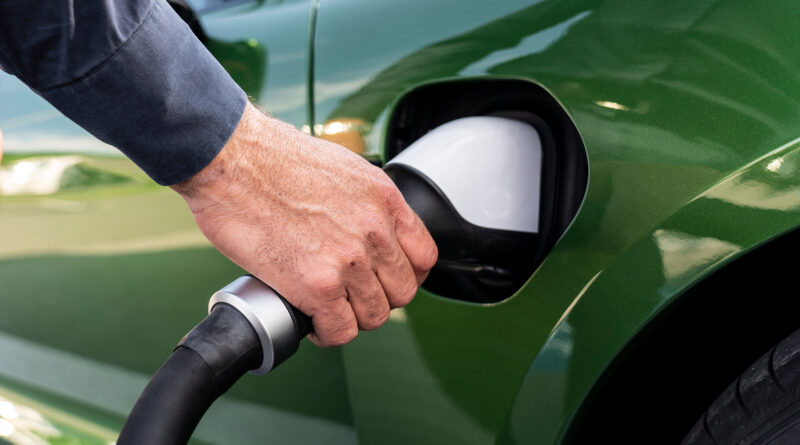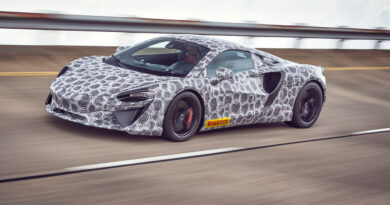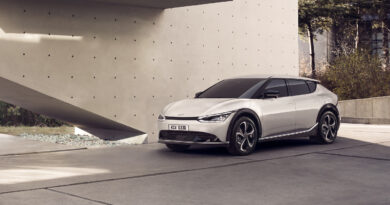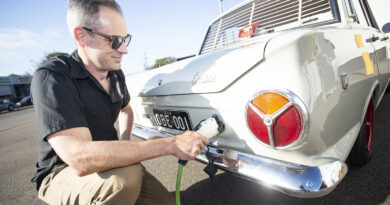EV sales to top 30 million in 2030
By the end of this decade, a third of all new car sales worldwide will be electric according to new analysis from the UK arm of the Deloitte professional services firm.
This would bring the total number of electrified vehicles sold in a single year to 31.1 million globally; 10 million more than previously forecast.
In spite of COVID-19 disruption total EV sales are still expected to reach 2.5 million worldwide in 2020. Based on a compound annual growth rate of 29 percent, Deloitte’s research estimates this to top 11.2 million in 2025 and 31.1 million by 2030.
At this milestone, fully electric vehicles will account for 81 percent of all new EVs sold according to the research, outperforming their plug-in hybrid peers.
Consumers warming to EVs
Deloitte identified a key factor in driving EV growth over the next ten years as changing consumer sentiment, as many barriers to adoption gradually dissipate.
“The price premium attached to many electric vehicles restricted some early adopters but, as the cost of EVs have converged with petrol and diesel equivalents, the pool of prospective buyers is set to increase,” said Jamie Hamilton, head of electric vehicles at Deloitte.
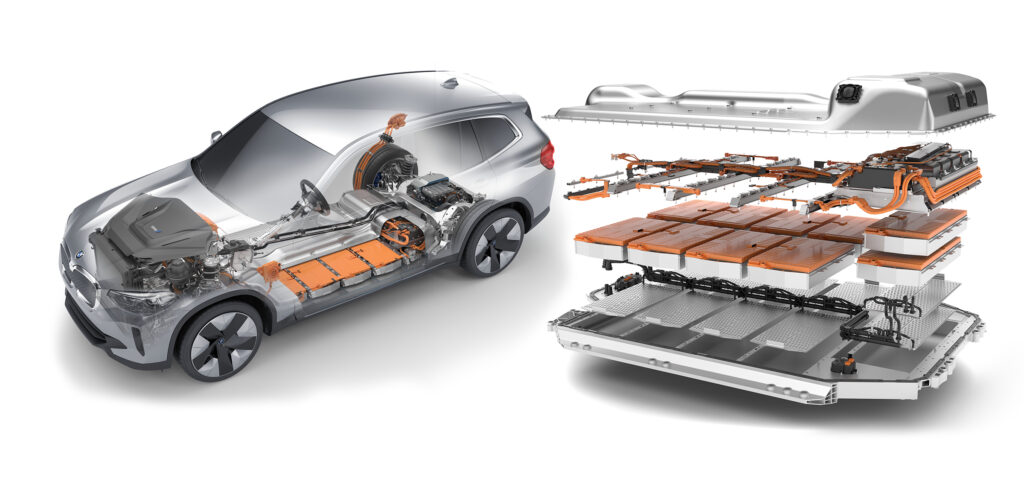
“A wider range of new electric vehicles, combined with a growing secondhand market, means EVs are becoming a more viable option for many.
“However, overcoming consumer concerns around driving range and perceived lack of charging infrastructure will be important factors as more drivers consider the practicalities of switching to electric.”
The Deloitte report said additional factors driving growth include a favourable regulatory environment via financial incentives or emissions targets and the development of new EV models that span both affordable and luxury ends of the market.
Similarly, as company cars and fleet continue to represent the majority of all new car sales, a shift to EVs at a corporate level will further the global transition to electric.
Charging infrastructure crucial
Deloitte’s analysis found that 50 percent of UK consumers would consider an EV as their next vehicle purchase. However, 33 per cent indicate that a lack of charging infrastructure remains the greatest concern when considering the switch to full electric.
“Continued investment in charging facilities and overcoming consumer concerns around their availability and accessibility could see the UK surpass the 32 per cent global EV market share by 2030, reaching as much as 65 per cent of the domestic market in the same period,” said Hamilton.
Deloitte’s outlook is based on analysis of industry data sets as well as public announcements made by original equipment manufacturers (OEMs). The revised figures are updated from original analysis conducted in 2018.
The UK consumer analysis surveyed 1496 driving-age respondents who plan to buy a car in the next three years. The analysis was conducted in November 2019.
Not including Tesla, which doesn’t report sales figures to the Federal Chamber of Automotive Industries, sales of plug-in vehicles (EVs and PHEVs) are up more than 18 percent in a dramatically reduced Australian auto market in 2020. However, those 1516 sales to the end of June are still only a tiny 0.34 percent share of the total.

